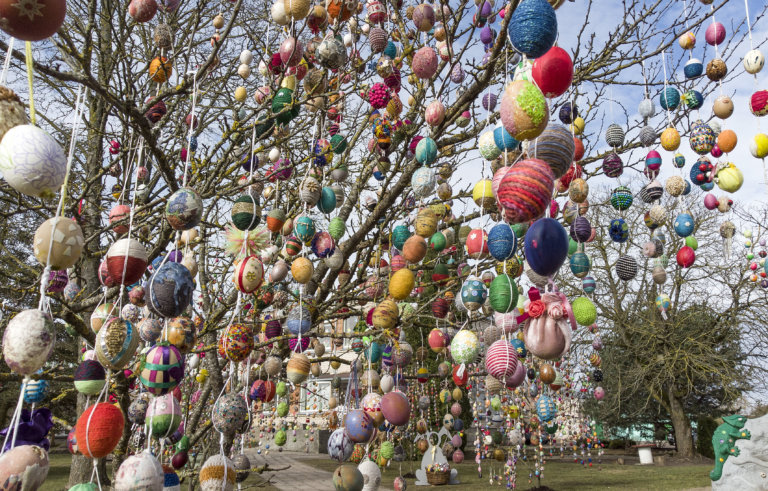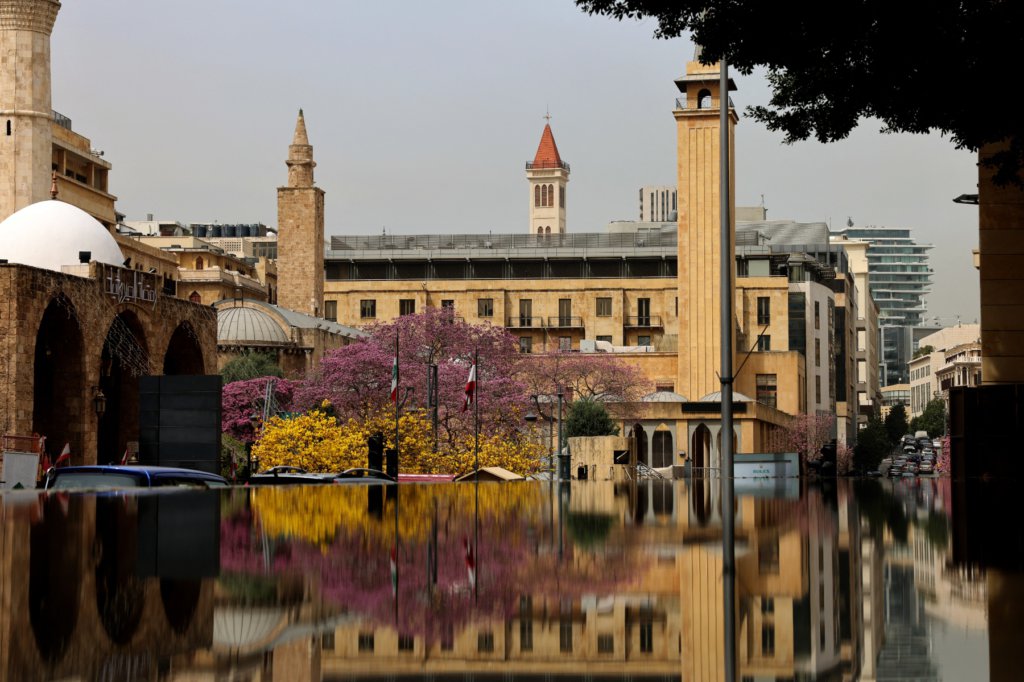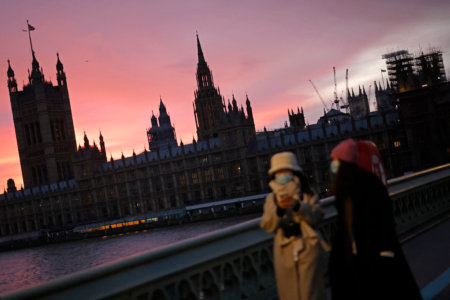
The upcoming Easter Holidays will serve as a respite from the long and arduous weeks spent working and schooling. Some international students may be unfamiliar with the meaning of Easter or why it is celebrated. This article serves as a guide to all-things Easter for students.
Origins and meaning of Easter
According to the Christian-based website Christianity.com, Easter is a holiday that celebrates the Resurrection of Jesus Christ. After being crucified and buried, he rose from his grave three days later which marked his ability to conquer death and redeem Christian followers of their sin.
According to St.Bede the Venerable, the 6th century author of ”Ecclesiastical History of the English People”, the English word for Easter comes from the words “Eostre” or “Eostrae”, which denotes the Anglo-Saxon goddess of spring and fertility.
Eggs are a popular item that symbolises Easter, as chickens continued to lay eggs during the Holy Week while Eastern Orthodox and Western churches despite the religious institutions prohibiting the eating of eggs during that period. Eggs that were coloured and decorated during the Holy Week were identified as Holy Week eggs.
Easter enthusiasts are decorating the city 🤩🐣 #VisitOslo #eastereggs pic.twitter.com/UWbxMfrjON
— VisitOSLO (@VisitOSLO) April 8, 2022
The egg symbolises the Resurrection of Jesus, as the egg symbolises a new life that has emerged from the eggshell just as Jesus rose from the tomb. Easter eggs are painted red to symbolise the blood that Jesus shed on the cross.
Easter Day is a “movable feast” that varies from year to year, depending on the first Sunday following the full moon that occurs on or just after the ecclesiastical spring equinox which falls on March 21 each year. Therefore, Easter may be celebrated as early as March 22nd, but no later than April 25th.
Easter in 2022 falls just one day after the full moon will appear on April 16, 2022, hence this year, it will fall on April 17, 2022.
Christians worldwide celebrate Easter differently, from attending church services to going on egg hunts.

Find out the meaning behind Easter eggs are more. Source: Joseph Eid/AFP
The timeline of Easter
To grasp the meaning of Easter, it helps to understand some of the run-up events leading up to the holiday.
Lent
Lent takes place in the six weeks leading to Easter. During this period, Christians prepare themselves for Easter by participating in prayers and abstain from a pleasurable activity. Lent is 40 days long, which is how long Jesus spent in the wilderness.
Once the forty days are up, Easter begins with Good Friday.
Good Friday
For Christians, Good Friday is the most important day of Easter which commemorates when Jesus was crucified.
Good Friday is celebrated on the first Friday upon the culmination of Lent and the Friday before Easter Sunday. In 2022, Good Friday will be celebrated on April 15, 2022.
Easter Sunday
Christians usually attend a special Church service on Easter Sunday, the day where Jesus rose from the dead.
On Easter Sunday, traditional eggs are given to younger members of the family, and occasionally to older members of the family. A traditional Easter Sunday lunch is roast lamb.
Easter Monday
In the UK, Easter Monday is a bank holiday, whereby people will return home after vacationing during a long weekend and either enjoy the last day of their holiday or prepare for the work or schooling week ahead.
The remainder of the Easter eggs still available are typically consumed on this day.
Traditional Easter activities
According to the British Heritage Travel website, these are some common Easter celebrations:
- Morris dancing
- Baking hot cross buns
- Maypole dancing
- Easter parades
- Easter egg hunts
Traditional Easter feasts and delights
Here are some traditional Easter feasts and delights, according to GoodtoKnow:
- Roast lamb
- Hot cross buns
- Easter bunny bakes
- Chocolate eggs
- Spiced Easter biscuits
- Easter bread










